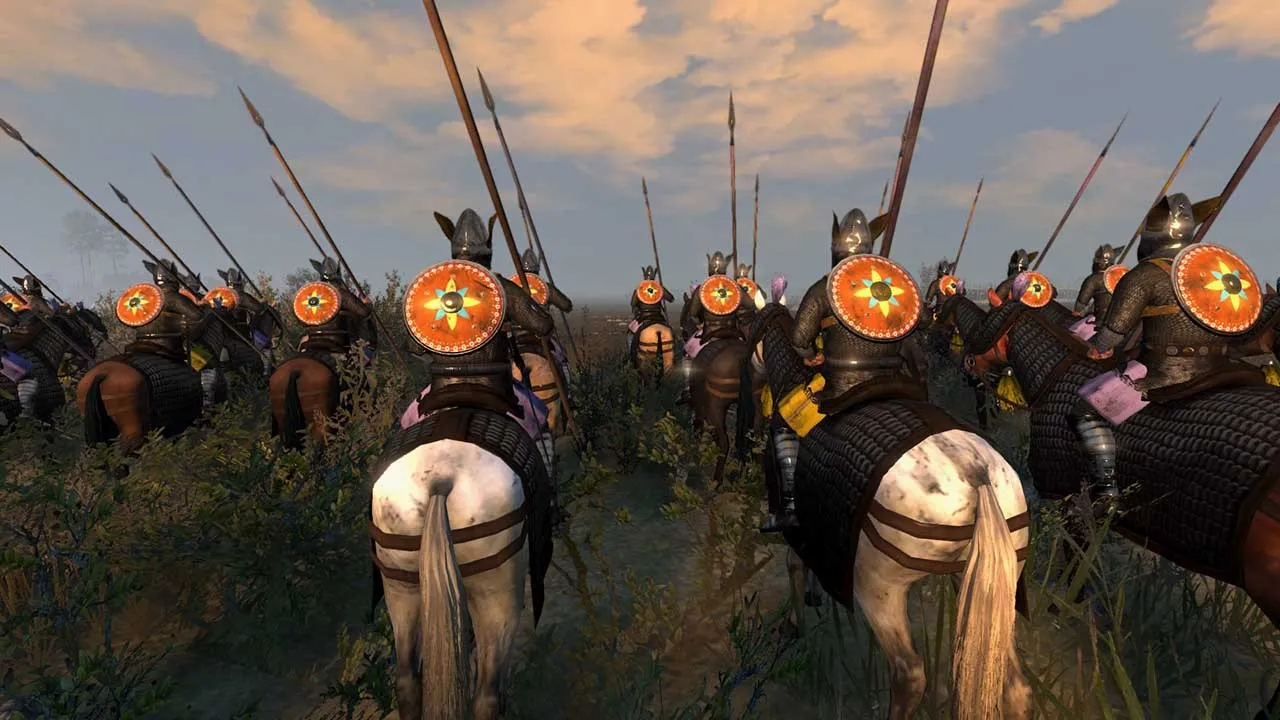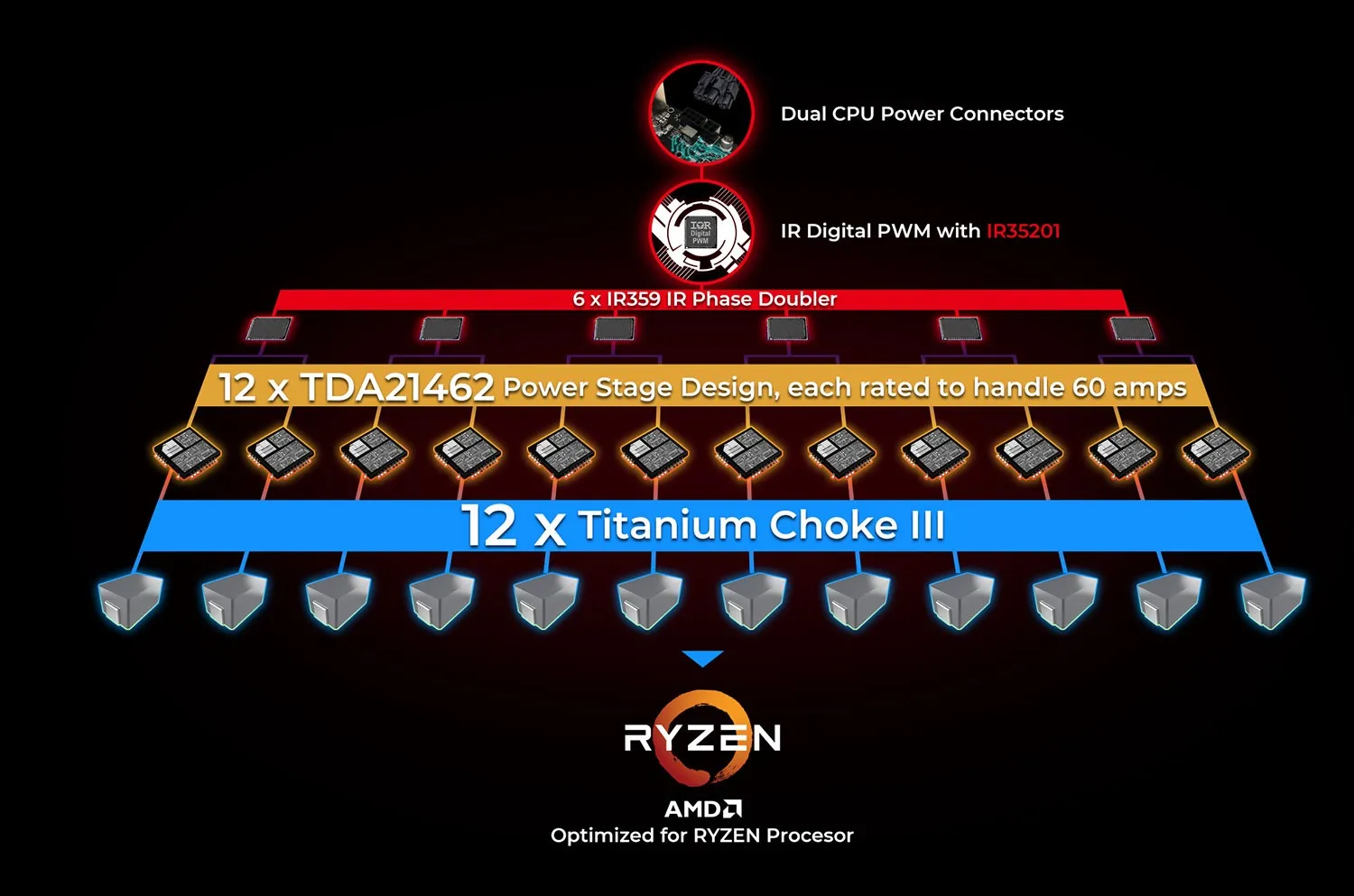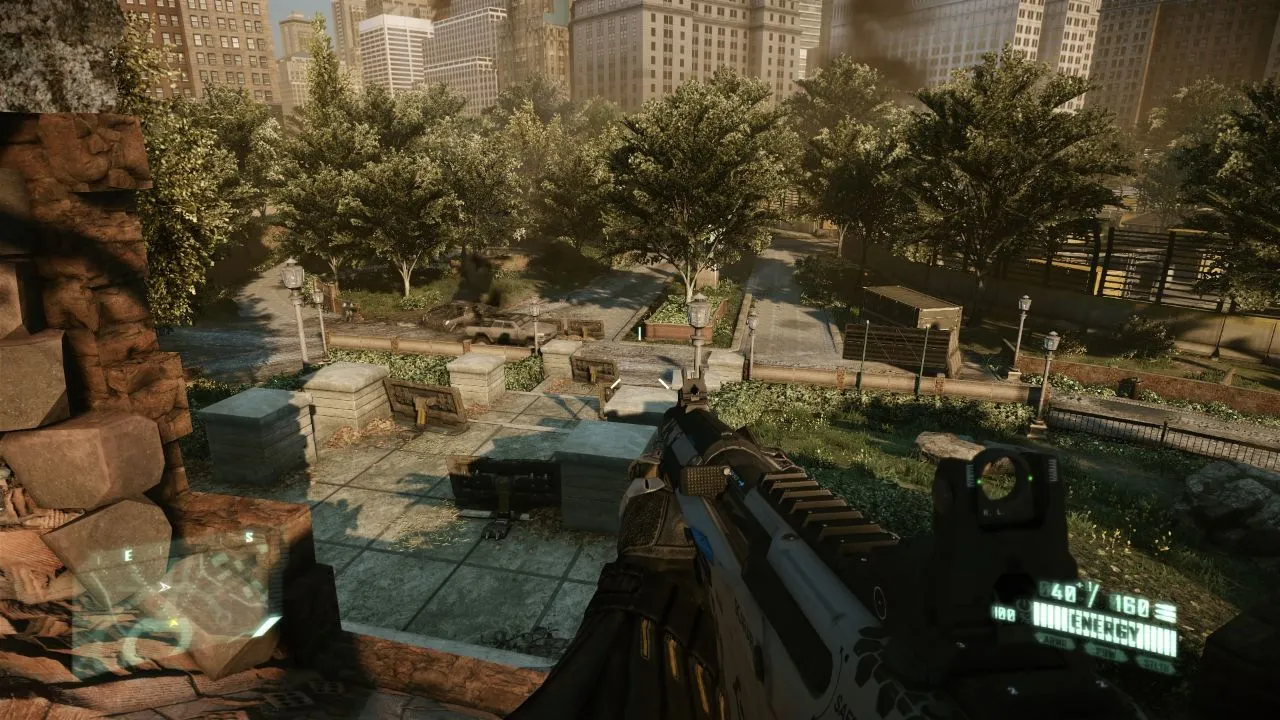
Total War: ATTILA Review: A Dark Age Masterpiece
Contents
Creative Assembly faced considerable criticism after the release of Total War: Rome II. The announcement of Total War: ATTILA was met with skepticism and even calls for boycotts within the Total War community. However, Creative Assembly proved their resilience, delivering a title that not only revitalized the franchise but also cemented its place as a strategy gaming giant. This review explores what makes Total War: ATTILA a remarkable achievement.
In 395 AD, the Roman Empire, weakened by internal strife and external pressures, was divided. The Western Roman Empire, ruled by Flavius Honorius, faced the onslaught of migrating barbarian tribes and the looming threat of the Huns, led by the game’s namesake, Attila. Total War: ATTILA thrusts players into this tumultuous period, offering the choice to rewrite history as the Roman Emperor, forge a new empire as a barbarian leader, or even resurrect the fallen Persian Empire in the East.
A Descent into Darkness: Gameplay and Features
Stunning Visuals and Audio
Building on the already impressive foundation of Total War: Rome II, ATTILA boasts stunning visuals, albeit with a darker, grittier aesthetic reflecting the era’s bleak realities. While some might argue that Rome II appears more vibrant, ATTILA‘s muted tones effectively capture the atmosphere of decline and impending doom. This is particularly evident during siege battles, where fire, smoke, and the clash of steel create a truly cinematic experience.
 Total War: ATTILA
Total War: ATTILA
The game’s soundtrack, composed by Richard Beddow, is equally impressive. Each faction has its own unique musical identity, from the pulsating drums of the Huns’ “Scourge of God” to the evocative melodies of the Sassanid Empire’s “Burning Crescent.” These tracks, combined with the realistic sound effects of battle, create a truly immersive experience.
 Total War: ATTILA
Total War: ATTILA
Total War: ATTILA requires a powerful PC to run at its highest settings, but even on medium settings, the game performs smoothly, even during large-scale battles. The optimization is a significant improvement over Rome II.
Refined Gameplay Mechanics
ATTILA addresses the criticisms leveled at Rome II by restoring the focus on management and role-playing elements that are crucial to the Total War experience. The family tree system makes a welcome return, placing players at the heart of political intrigue and dynastic struggles.
The “Influence” system adds a new layer of depth to the political game. Players earn influence through military victories and administrative control, which they can then use to manipulate characters, secure alliances, and maintain power. Managing ambitious generals, arranging marriages, and dealing with family feuds are just some of the challenges players will face.
 Total War: ATTILA
Total War: ATTILA
Economic management is also more demanding. Unlike the relative abundance of Rome II, ATTILA presents players with scarce resources and a constant struggle to balance the books. The threat of enemy raids and the devastating “Raze” mechanic, which allows attackers to completely destroy cities, adds further pressure.
Battles in ATTILA remain a core strength of the series. The rock-paper-scissors dynamic of unit matchups, combined with unique unit abilities and formations, ensures that every battle is a tactical puzzle. From the Sassanid spearmen’s square formation to the Roman Testudo, players must adapt their strategies to overcome their opponents.
 Total War: ATTILA
Total War: ATTILA
The game’s difficulty is significantly higher than Rome II, posing a challenge even for veteran players. Increasing corruption, dwindling resources, and aggressive AI opponents make the late game a grueling test of skill.
Remaining Issues
Minor Technical Hiccups
While ATTILA boasts improved performance, some minor technical issues persist. Occasional stuttering during siege battles and pathfinding problems in tight spaces can be frustrating, though not game-breaking.
 Total War: ATTILA
Total War: ATTILA
Some unit balancing issues also need addressing. Elephants seem underpowered against cavalry, while certain units, such as the Eastern Roman Empire’s Tagmata Cavalry and the Huns’ Chosen Uar Warrior, are arguably overpowered.
Conclusion
Despite these minor flaws, Total War: ATTILA is a triumph. Its stunning visuals, immersive audio, refined gameplay mechanics, and challenging campaign make it a must-have for strategy game enthusiasts. Creative Assembly successfully addressed the shortcomings of its predecessor, delivering a truly captivating and rewarding experience. The dark age setting and the looming threat of Attila create a sense of urgency and desperation that permeates every aspect of the game. Total War: ATTILA is not just a great Total War game; it’s a masterpiece.





Comments (0)